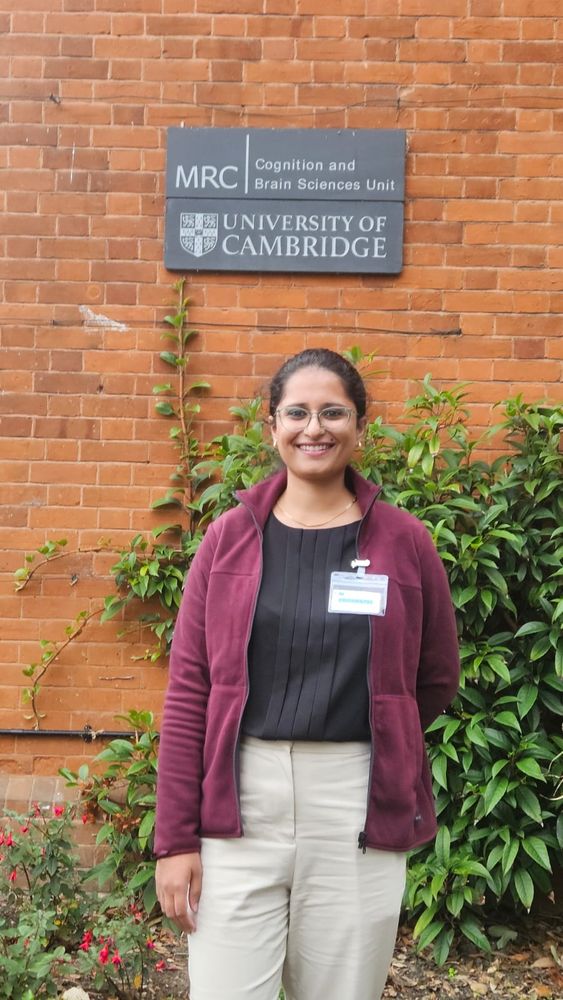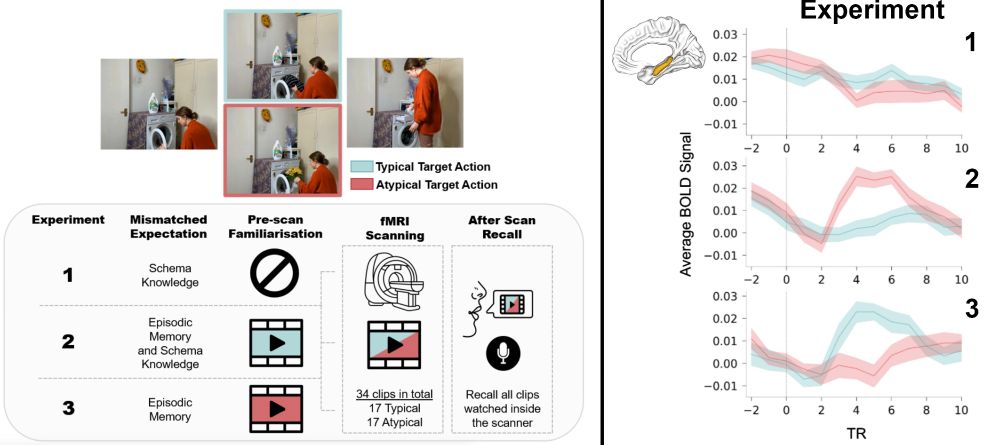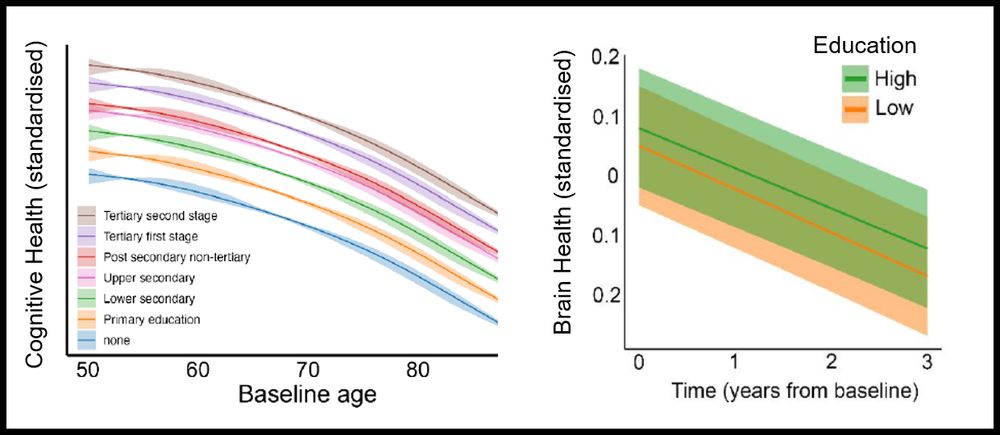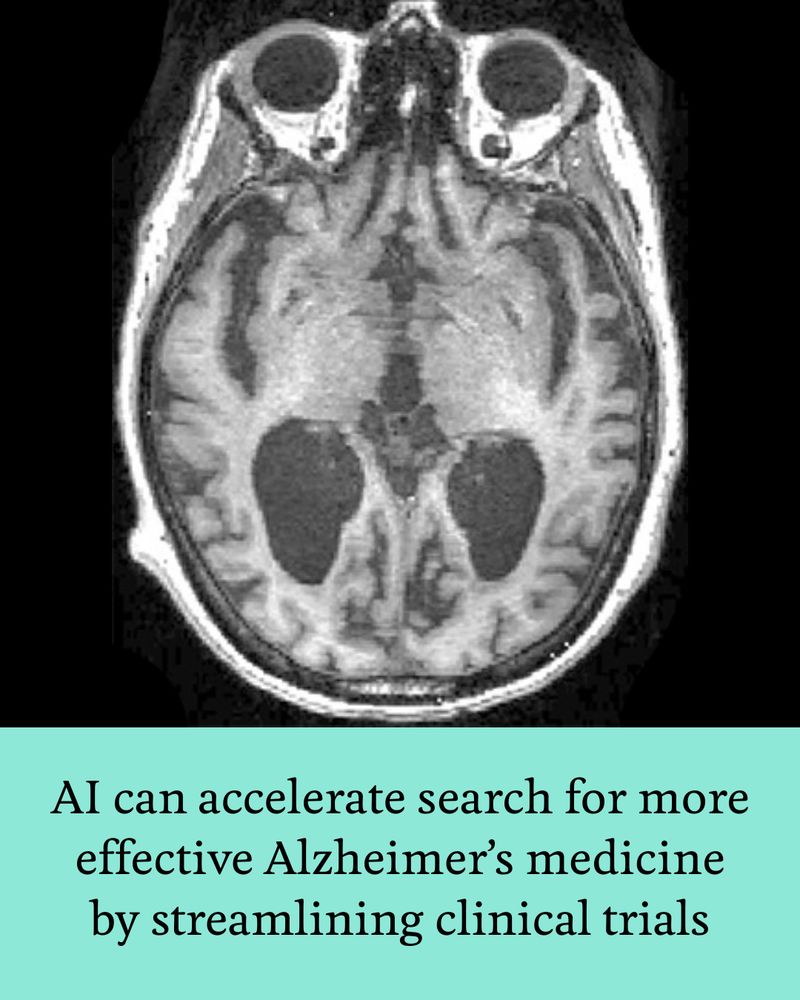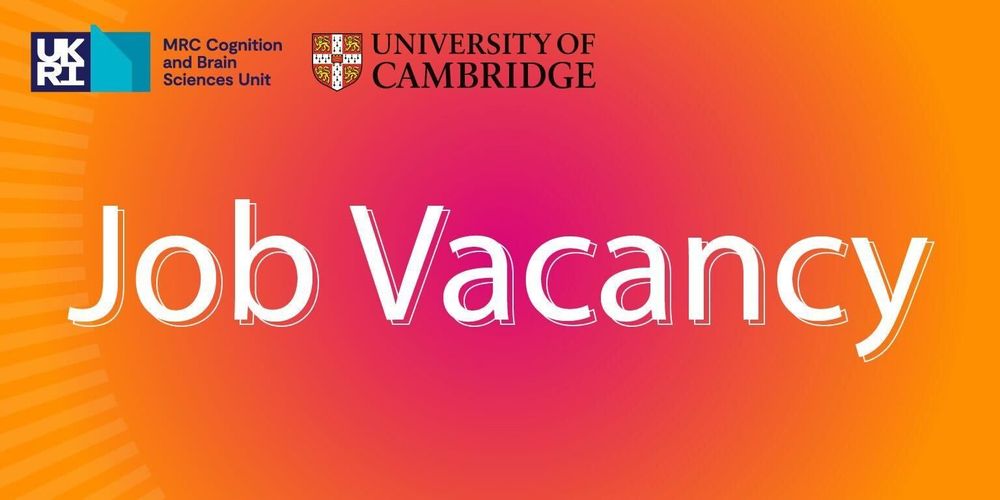MRC Cognition and Brain Sciences Unit, University of Cambridge
@mrccbu.bsky.social
500 followers
110 following
44 posts
Posts
Media
Videos
Starter Packs
Reposted by MRC Cognition and Brain Sciences Unit, University of Cambridge
Reposted by MRC Cognition and Brain Sciences Unit, University of Cambridge
Reposted by MRC Cognition and Brain Sciences Unit, University of Cambridge
Reposted by MRC Cognition and Brain Sciences Unit, University of Cambridge
Reposted by MRC Cognition and Brain Sciences Unit, University of Cambridge
Reposted by MRC Cognition and Brain Sciences Unit, University of Cambridge
Reposted by MRC Cognition and Brain Sciences Unit, University of Cambridge
4D Lab
@4dlab.bsky.social
· Aug 13

How did social science help us with understanding the brain’s connectivity pattern?
By Dr. Kayson Fakhar.Let’s start with ‘networks’. They build useful intuitions for otherwise complex interactions all around us. To unpack, a network is simply a set of interconnected ‘nodes’. This br...
www.brainwiring.net
Reposted by MRC Cognition and Brain Sciences Unit, University of Cambridge
Reposted by MRC Cognition and Brain Sciences Unit, University of Cambridge
Duncan Astle
@duncanastle.bsky.social
· Jul 25
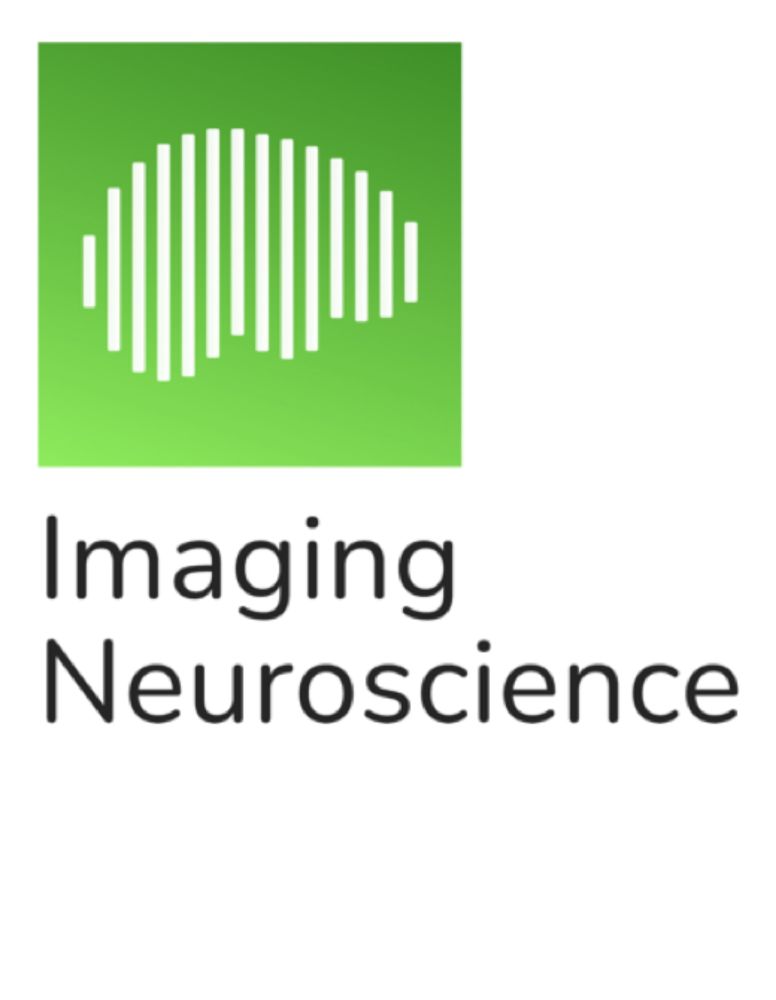
Brain wiring economics, network organisation and population-level genomics
Abstract. What role do our genes play in shaping the structural organisation of the living human brain? Across a sample of 2,153 children (9–11 years old), we address this question, focusing on common...
doi.org
Reposted by MRC Cognition and Brain Sciences Unit, University of Cambridge
Reposted by MRC Cognition and Brain Sciences Unit, University of Cambridge
